At heart, both ERPs and CRMs aim to improve the efficiency of your business and consequently increase its profits. But although these two systems do have their similarities, they have significantly different use cases.
In this guide, we’re going to take a look at ERPs and CRMs to help you make a decision about which is right for you. So, if you’ve ever found yourself laying awake at night wondering if you should go with team ERP or team CRM, your answer is here.
So – ERP vs ERP: What’s best for your business?
What is an ERP?
ERP stands for Enterprise Resource Planning. As you can tell by the use of the word “enterprise,” it’s primarily used by enterprises and large businesses.
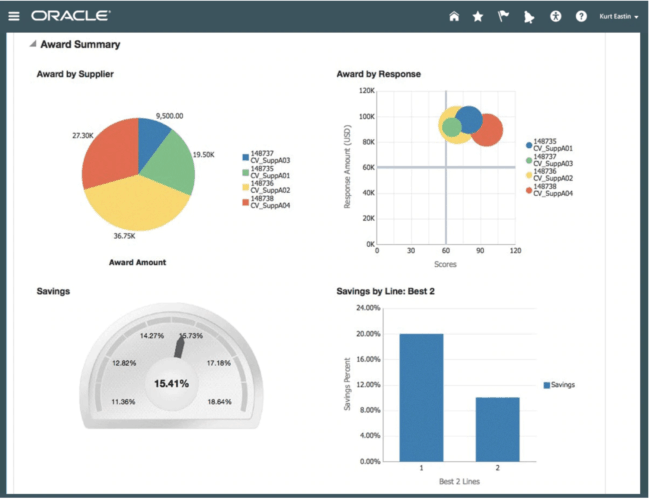
At its core, an ERP aims to centralize a business’s data and facilitate communication between different departments. By keeping all a business’s data centralized and updated in real-time, it can reduce communication lags between different departments and consequently speed up production, distribution, and other processes.
ERPs are modular systems. That means that when you buy an ERP, you’re actually purchasing several different pieces of software. Traditionally, these pieces of software focus on manufacturing, distribution, accounting, human resources, and supply chain operations. While ERP systems do offer some solutions in the way of customer service, sales, and even CRM, this is not what they’re traditionally used for.
Traditional ERP systems are run on-premise on a company’s server and use its intranet and IT infrastructure to connect different departments. Sometimes, they are built specifically for a particular business. They typically require IT staff to keep everything running smoothly. As you can tell, traditional ERP systems can be quite costly. They are often only affordable to large enterprise operations.
However, with the advent of cloud-based ERPs, many providers have started operating under a SaaS business model, resulting in a lower ERP software cost. This model has greatly reduced the cost of running an ERP. There are also some on-premise solutions that are directed specifically at small businesses. This shift to cloud-based ERPs not only makes these systems more accessible but also allows businesses to optimize cloud costs by scaling resources based on demand.
Value to your business
Businesses use ERPs to centralize all their data, streamline and automate their processes, and facilitate communication between different departments.
Large businesses tend to have lots of little inefficiencies. And when you add them all up, they can cost big bucks. An ERP can help businesses cut back on costs by removing some of these inefficiencies. By making the business run more efficiently, it can also boost profits.
When an ERP is not used, large businesses can have significant issues communicating and sharing data between departments.
For example, the distribution department may have its spreadsheets laid out in one way. However, the sales department may have them laid out entirely differently. When these two departments try to share data with each other, they have to merge the two datasets. While this may sound simple enough, this can actually be a very complex process that requires the aid of specialists to ensure the datasets are merged correctly.
Not only does this take a while, but there’s the risk of merging them incorrectly. This can lead to lost data if there isn’t a backup. If the datasets aren’t merged, then departments need to communicate every piece of information by phone, email, or in-person. And communication can take a long time.
By centralizing data and updating it in real-time, ERPs grant all departments access to the same exact data. Thus, they can communicate more efficiently and make better decisions.
Real-world example
ERPs are best for businesses that need to manage their supply chain and production. Although they can be used by SaaS businesses, retailers, etc., most businesses that don’t produce a product will find ERPs to be overkill.
However, if you’re manufacturing a product, ERPs can be very useful.
For example, let’s say a big order from a retailer suddenly falls through, and you end up with a sudden surplus of products in your warehouse. At this point, only distribution knows about this issue, and they input it in their database. Five minutes later, they call up the production department to let them know about the sudden surplus and to say that they don’t need any more products manufactured for the time being.
Then, production calls up procurement to let them know they shouldn’t be placing any new orders for raw materials given the slowdown. But there’s a problem — that call came five minutes too late. Procurement already placed an order for raw materials, and the contract states they can’t cancel.
With an ERP, as soon as distribution inputs the change into the database, every department will be able to see it. That means that procurement would likely have noticed the issue and wouldn’t have made the order.
Moving on to our CRM vs ERP comparison, let’s also take a look at CRM.
What is a CRM?
CRM stands for Customer Relationship Management. In many ways, it’s sort of the sales equivalent of ERP. While ERP manages a company’s resources, a CRM manages a company’s customer relationships.
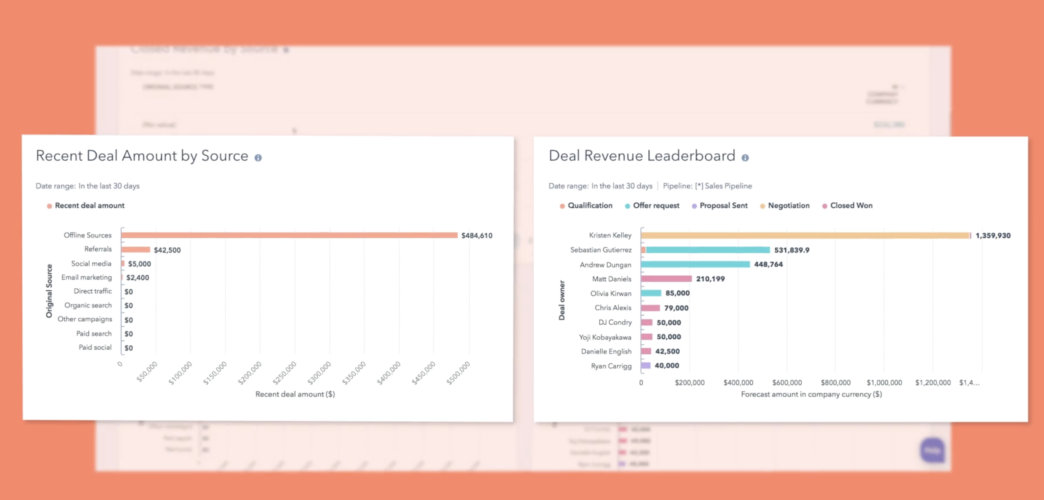
A CRM lets you record customer information. This information includes order history and contact information, store prospect information, manage marketing campaigns, manage the sales pipeline, analyze sales information, and more.
Popular examples of top CRM software solutions include Salesforce, HubSpot, and ConvergeHub, which are specifically designed to enhance customer interactions and boost sales efforts.
CRMs are all about optimizing the customer experience and securing sales. Ideally, a CRM will help boost profits both by increasing sales volume and improving customer retention.
Value to your business
CRMs are useful for keeping track of customers and increasing sales. A CRM can store customer information. Then, this information can then be used for future marketing campaigns. For example, if the data in your CRM indicates that the majority of your customers are between 18 and 24, you can use that data to focus future marketing campaigns on that age group.
CRMs can also be used to ensure sales and customer service representatives are following up with prospects and customers. CRMs allow the sales department to put customers and prospects into groups. Furthermore, they set directives for how to deal with each segment.
Overall, CRMs help businesses keep track of all the ongoing sales efforts and manage their completion.
Real-world example
Let’s imagine a prospect is browsing through your website and notices they can get your free downloadable eBook if they input their phone number and email address. The prospect puts their information in, and it instantly goes into your database.
When you originally set up your database, you set that you want sales reps to follow up one day after that event is triggered.
So, the next day, your sales rep is automatically notified to call that prospect. They make the call and then move the prospect to the next phase in the sales pipeline.
ERP vs CRM: What’s best for you?
At the end of the day, ERPs and CRMs both strive to increase profits, but they do so in different ways.
ERPs increase profits by cutting costs due to inefficiencies and slowdowns. They centralize business data so that all departments have access to it and can make faster and more accurate decisions.
CRMs, on the other hand, increase profits by boosting sales volume. They manage the sales funnel, customer/prospect information, and manage marketing campaigns to ensure optimal sales figures.
To make things a bit more confusing: some ERPs come with their own CRMs, so sometimes the decision is made for you.
Evaluating your needs
Unless your business is heavy on the manufacturing side of things, an ERP is not going to be of much use to you.
While ERPs do offer some benefits to non-manufacturing businesses, ERPs grew out of manufacturing systems and still have their roots in production.
CRMs, on the other hand, are more applicable to a greater number of businesses — every business needs to sell, but not every business makes its own products.
To decide which is best for you, take a look at your costs and sales figures: are you spending too much money on production?
If so, you may want to use an ERP to help reduce inefficiencies and cut costs.
If you find that you’re not selling enough, however, a CRM is likely the best option to help you grow your business.
Understanding your business
While ERPs and CRMs do serve different use cases, they’re both useful products. Ideally, most businesses would be using both.
However, many small businesses don’t have that luxury. For the most part, ERPs are aimed at large, enterprise-level corporations. If that’s not you, you probably don’t need an ERP and would do better with a CRM.
To really figure out which system is better suited to your business, you’ll need to ask yourself: am I making a physical product and do I need to cut costs or boost sales?
The answer to that question will guide you to the right choice, and decide between ERP vs CRM.

Quincy oversees SEO & Content at Ampjar, a brand-to-brand email advertising platform. He’s passionate about IPAs, strong coffee, and solo travel.
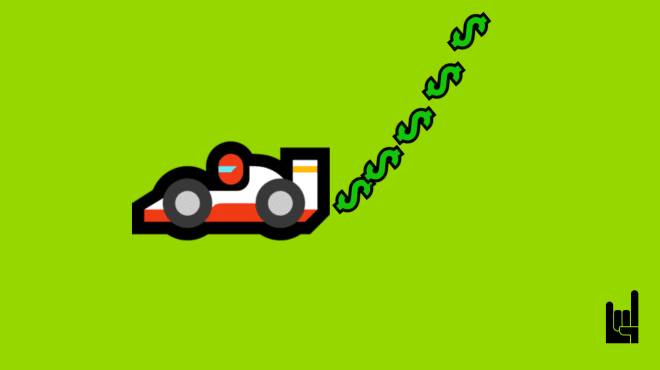
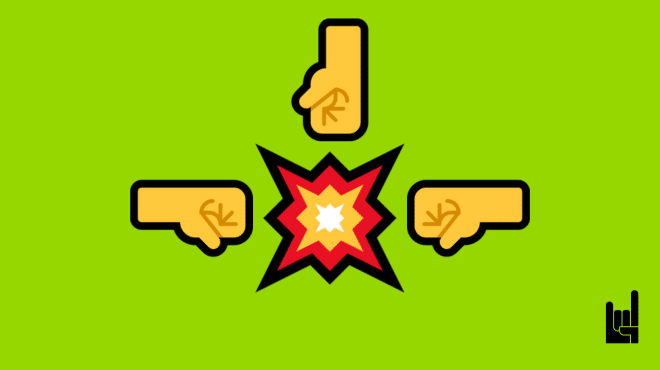
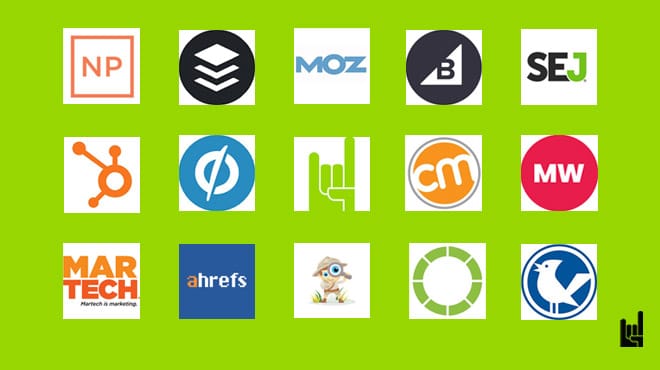

One Response
Quincy: My guess is that ERP systems will start to act more like a social CRM in the future. I have been talking at event for ERP users, on the importance of new media.